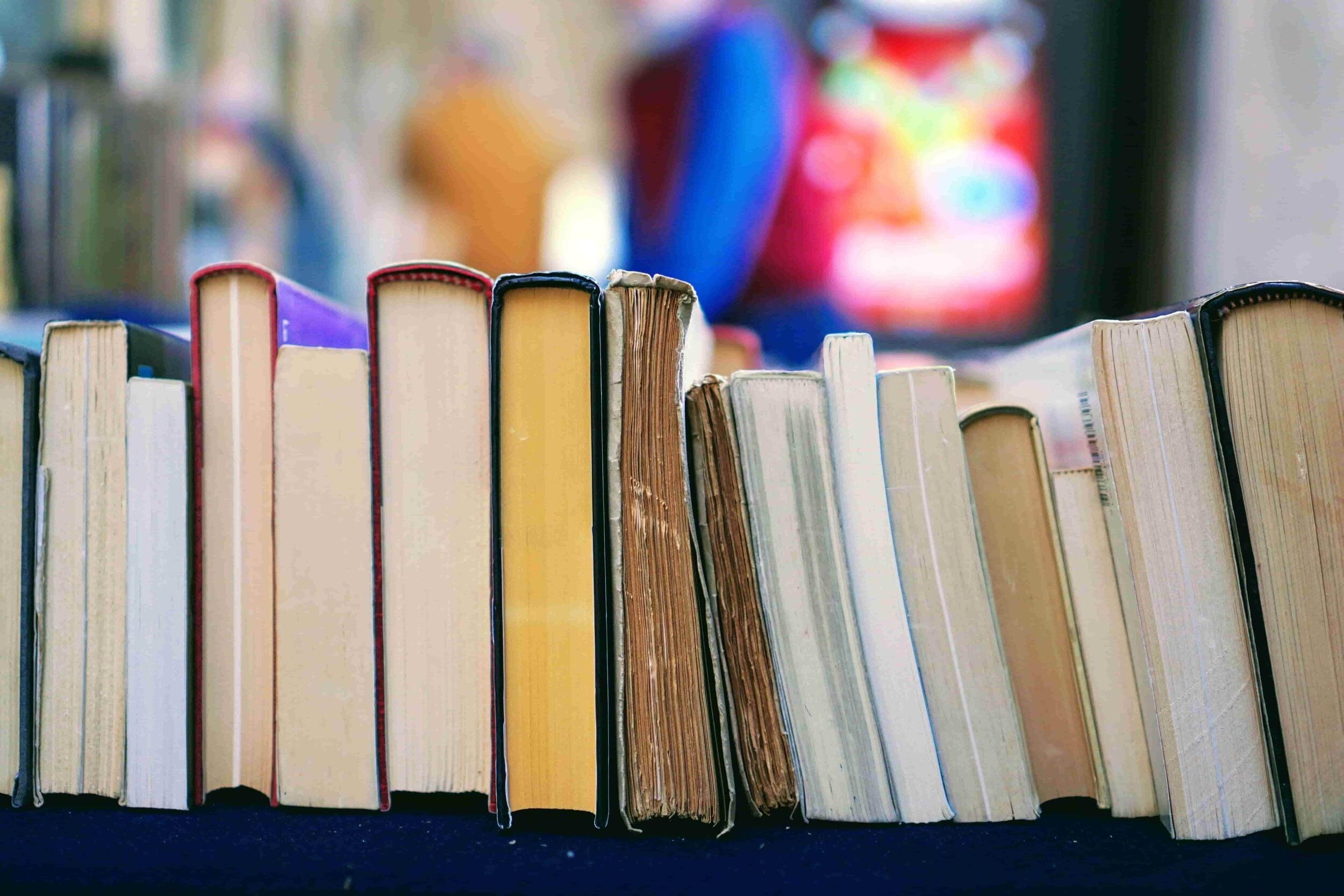Canada’s literary landscape has always been rich, but in recent years, a dynamic new wave of authors has emerged, challenging conventions and carving new paths in fiction, nonfiction, poetry, and beyond. These writers bring fresh perspectives, intersectional voices, and experimental techniques that resonate both nationally and globally. From Indigenous storytelling to bold feminist narratives and groundbreaking speculative fiction, they’re transforming what it means to be a Canadian author. Here are the 21 Canadian Authors Who Are Redefining Modern Literature.
Cherie Dimaline
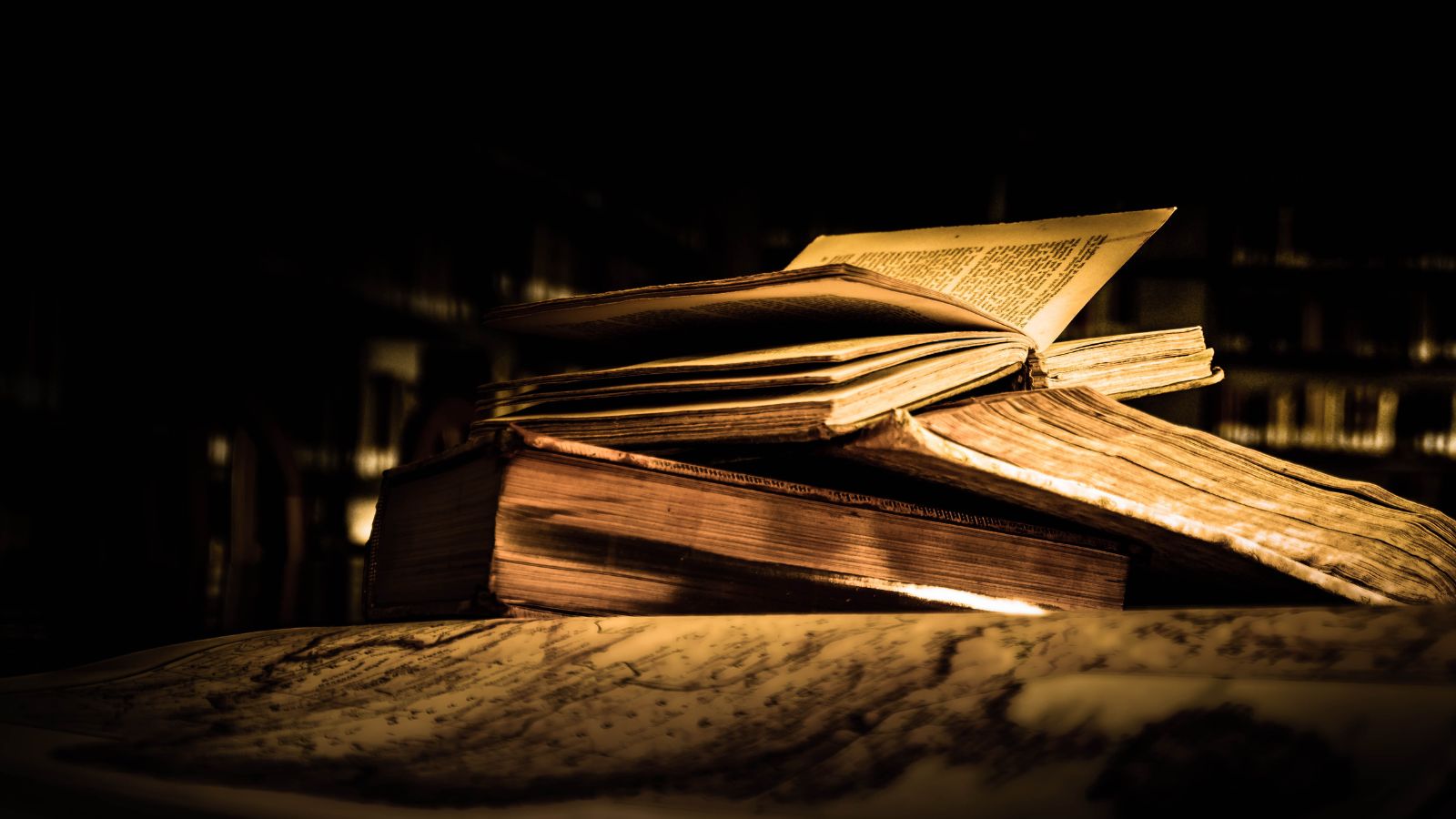
Cherie Dimaline, a Métis author from Ontario, has quickly become one of Canada’s most vital literary voices. Her breakout novel The Marrow Thieves explores a dystopian future through an Indigenous lens, blending speculative fiction with urgent social commentary. Dimaline reclaims traditional storytelling while simultaneously pushing the boundaries of genre fiction. Her work is a powerful vehicle for Indigenous resistance, resilience, and reimagination, positioning her at the forefront of modern Canadian literature.
Esi Edugyan

Esi Edugyan has twice won the Giller Prize, and it’s no mystery why. Her novels, including Half-Blood Blues and Washington Black, tackle themes of identity, race, and freedom with lyrical prose and vivid historical detail. Edugyan seamlessly merges the personal with the political, creating characters whose stories linger long after the final page. As a Black Canadian writer, she broadens the nation’s literary identity with grace, intelligence, and deep humanity.
Joshua Whitehead

A two-spirit Oji-Cree writer from Peguis First Nation, Joshua Whitehead is a rising star whose work blends poetry, prose, and performance. His novel Jonny Appleseed follows a queer Indigenous man navigating life, love, and memory in an urban landscape. Whitehead challenges colonial and gender norms while honoring Indigenous traditions and languages. His voice is uniquely intimate and fearless, reshaping queer and Indigenous literature in Canada.
Sheila Heti

Sheila Heti’s genre-defying books, including How Should a Person Be? and Motherhood, blur the line between fiction and autobiography. Her narratives are cerebral yet raw, marked by philosophical introspection and emotional vulnerability. Heti asks big questions about art, purpose, and femininity, and she doesn’t offer easy answers. With each book, she reinvents narrative structures and provokes readers to think deeply about how and why we live.
Billy-Ray Belcourt

A poet, essayist, and scholar from Driftpile Cree Nation, Billy-Ray Belcourt is rewriting the Canadian literary canon with searing honesty and intellectual rigor. His collections such as This Wound Is a World and A History of My Brief Body explore queerness, Indigenous identity, and grief with startling beauty. Belcourt’s work radiates urgency and elegance, often weaving the personal with the theoretical. His writing reshapes the role of literature as both activism and art.
Mona Awad

Mona Awad’s fiction blends the grotesque with the mundane, creating unsettling and unforgettable narratives. Her novel Bunny, a surreal satire set in an elite MFA program, showcases her flair for psychological horror and biting social commentary. Awad’s prose is lush, darkly comic, and deeply original, offering a twisted take on femininity, power, and performance. She is part of a new generation of writers who play with genre and tone to reflect the anxieties of our age.
Souvankham Thammavongsa

Born in a Lao refugee camp in Thailand and raised in Toronto, Souvankham Thammavongsa has won acclaim for both her poetry and short fiction. Her collection How to Pronounce Knife captures the subtle complexities of immigrant life with precision and empathy. Thammavongsa writes with an economy of language that belies the emotional weight of her stories. Her work centers voices often marginalized in Canadian literature, providing a quiet yet powerful commentary on belonging and identity.
Catherine Hernandez
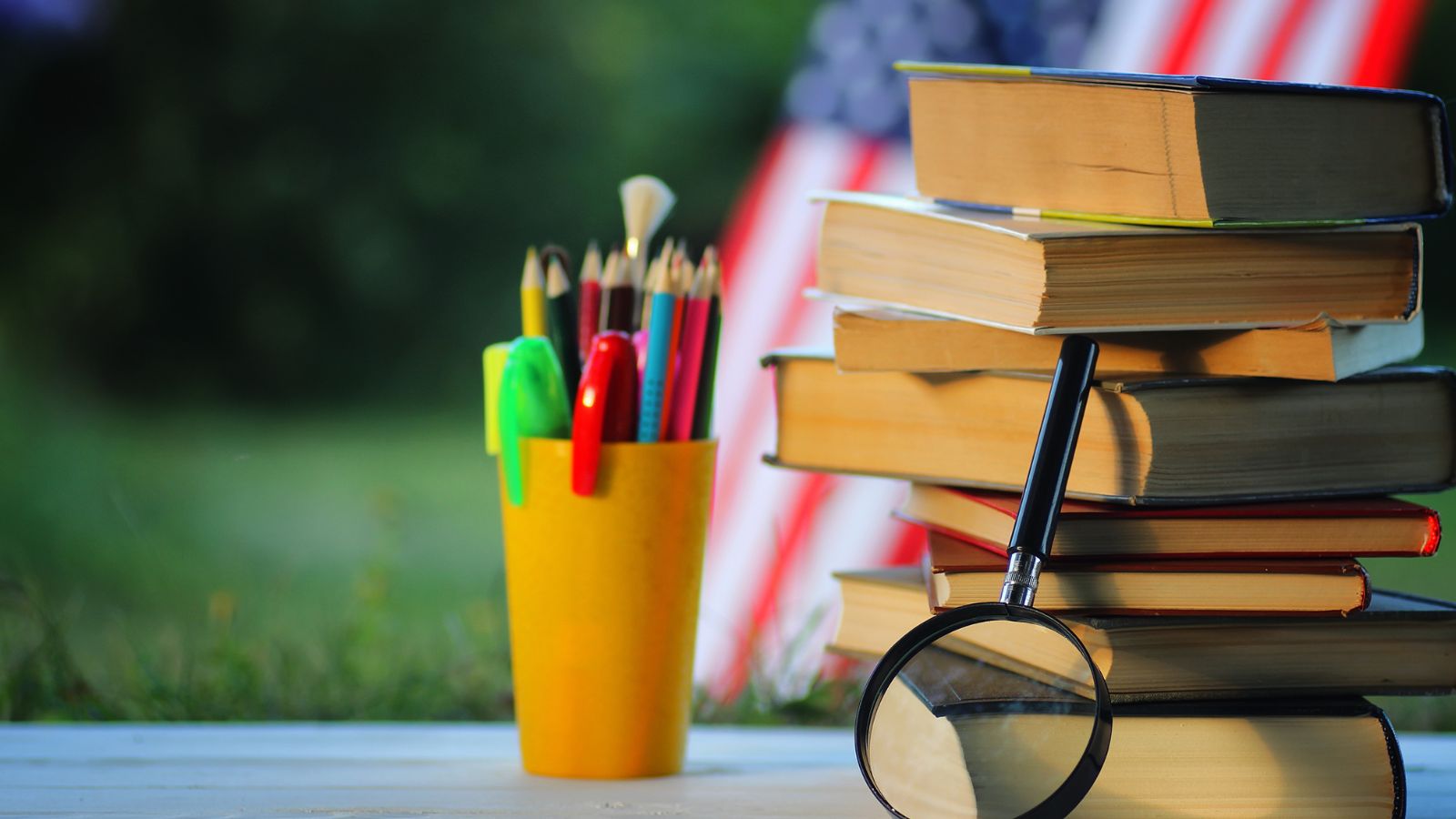
As a queer woman of Filipino, Chinese, and Spanish descent, Catherine Hernandez brings an intersectional lens to all her work. Her debut novel Scarborough is a portrait of a marginalized Toronto community that pulses with raw emotion and resilience. Hernandez’s storytelling is vivid and compassionate, grounded in lived experience and cultural nuance. She also writes for the stage and screen, extending her influence across multiple mediums of Canadian storytelling.
David Chariandy

David Chariandy explores themes of memory, family, and cultural identity in ways that are both intimate and universally resonant. His novel Brother is a poignant, lyrical exploration of Black Canadian life in the face of systemic inequality and personal loss. Chariandy’s writing is poetic, restrained, and deeply human. He offers an essential voice in the evolving conversation around race, class, and belonging in Canada.
Katherena Vermette
Katherena Vermette, a Métis writer from Winnipeg, works across poetry, fiction, and children’s literature to celebrate Indigenous lives and landscapes. Her novel The Break was a bestseller and critical success, telling a story of trauma and healing in a North End Winnipeg neighborhood. Vermette combines lyrical storytelling with social realism, highlighting the resilience of Indigenous women. Her writing invites empathy while challenging readers to confront uncomfortable truths.
Zalika Reid-Benta

Zalika Reid-Benta’s debut short story collection Frying Plantain explores the coming-of-age of a Jamaican-Canadian girl in Toronto. With wit and emotional precision, Reid-Benta examines generational conflict, cultural duality, and the pressure to conform. Her work is intimate yet expansive, filled with characters who feel real and complex. She brings a needed Caribbean-Canadian perspective to the forefront of contemporary literature.
Waubgeshig Rice

Waubgeshig Rice is an Anishinaabe author and journalist known for his gripping speculative fiction. His novel Moon of the Crusted Snow envisions a post-apocalyptic world from an Indigenous perspective, blending survivalist tension with cultural renewal. Rice’s storytelling is haunting and atmospheric, layered with themes of decolonization and community strength. He is redefining science fiction through an Indigenous lens that is both ancient and radically new.
Heather O’Neill
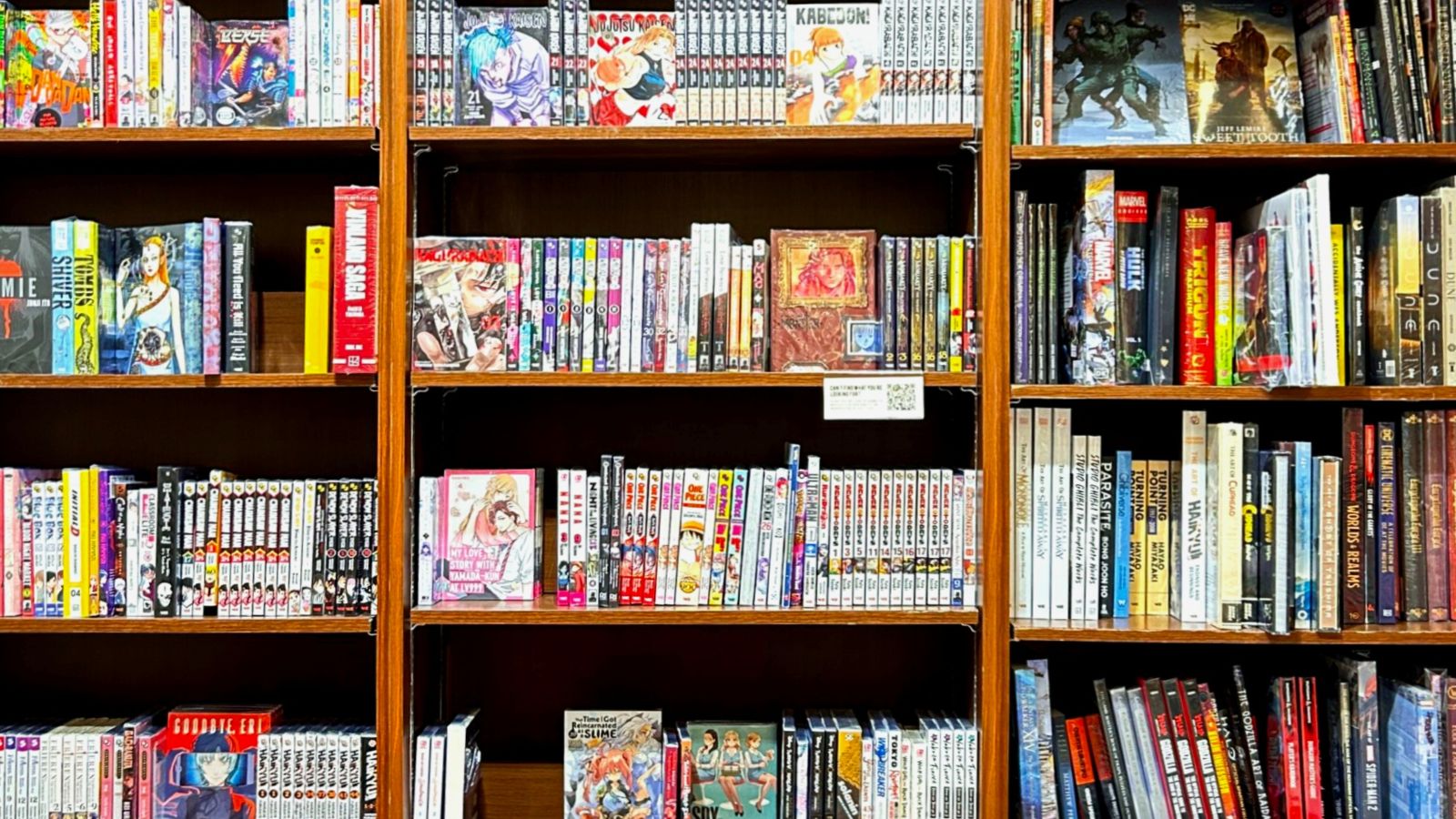
Montreal-based Heather O’Neill brings a whimsical, poetic sensibility to narratives rooted in gritty realism. Her books, such as Lullabies for Little Criminals and The Lonely Hearts Hotel, often feature street-smart characters navigating love and survival. O’Neill’s prose is richly textured, blending magic realism with social critique. She captures the melancholy beauty of lives on the margins with originality and heart.
Michelle Good

Cree writer Michelle Good’s debut novel Five Little Indians follows the lives of residential school survivors as they navigate trauma, loss, and recovery in urban Canada. The book has been widely praised for its emotional depth and historical importance. Good’s writing is unflinching yet tender, drawing attention to the enduring impact of Canada’s colonial legacy. Her work is a crucial contribution to the country’s ongoing reckoning with its past.
Casey Plett
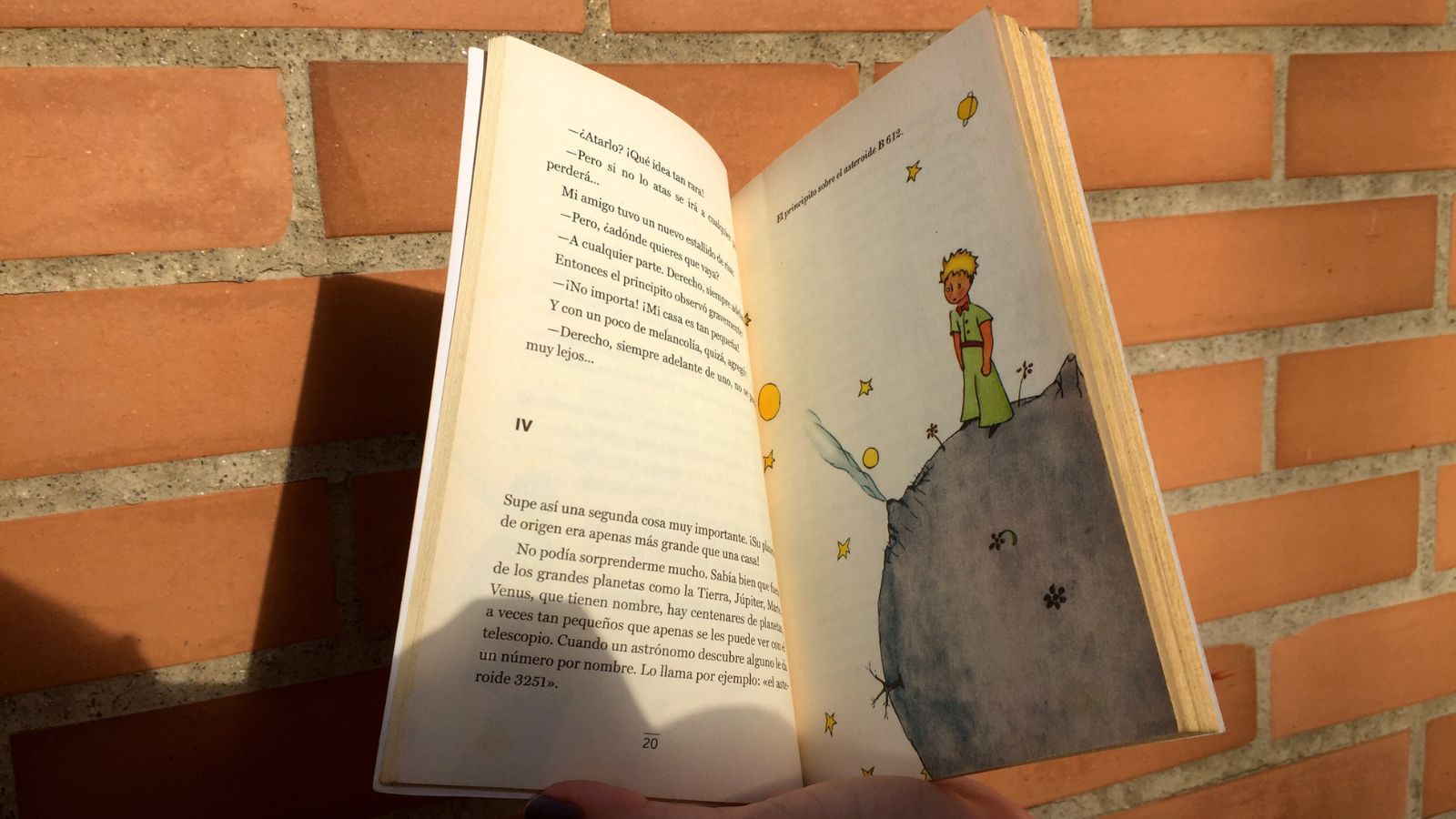
Casey Plett writes trans characters with rare nuance and empathy. Her novel Little Fish and short story collection A Dream of a Woman center the lives of transgender women navigating faith, family, and identity in a cisnormative world. Plett’s prose is intimate, sometimes painful, but always affirming. She offers a necessary, deeply authentic voice that expands the horizons of Canadian queer literature.
Téa Mutonji
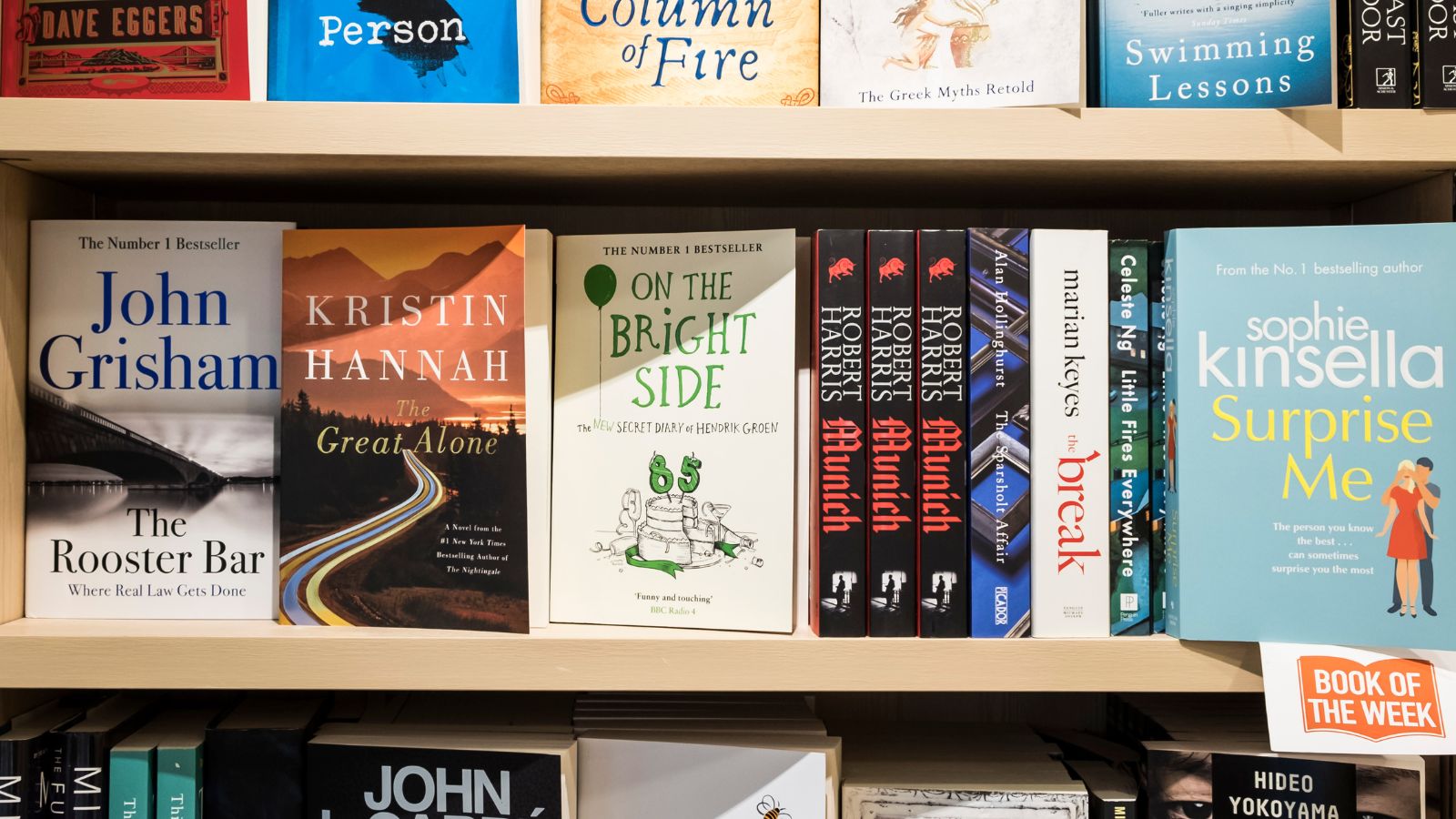
Téa Mutonji’s Shut Up You’re Pretty is a bold, vibrant debut that challenges stereotypes about Black femininity and immigrant life. Through a series of interconnected stories, she explores themes of beauty, desire, violence, and self-definition. Mutonji writes with fierce energy and unflinching honesty, capturing the contradictions of modern womanhood.
Omar El Akkad

Omar El Akkad, a journalist-turned-novelist, brings global awareness to his fiction. His books American War and What Strange Paradise tackle climate change, migration, and conflict with haunting realism and ethical complexity. El Akkad refuses easy moral binaries, instead portraying humanity in all its messiness and contradiction. His international scope and literary gravitas mark him as a leading figure in contemporary Canadian writing.
Djanet Sears
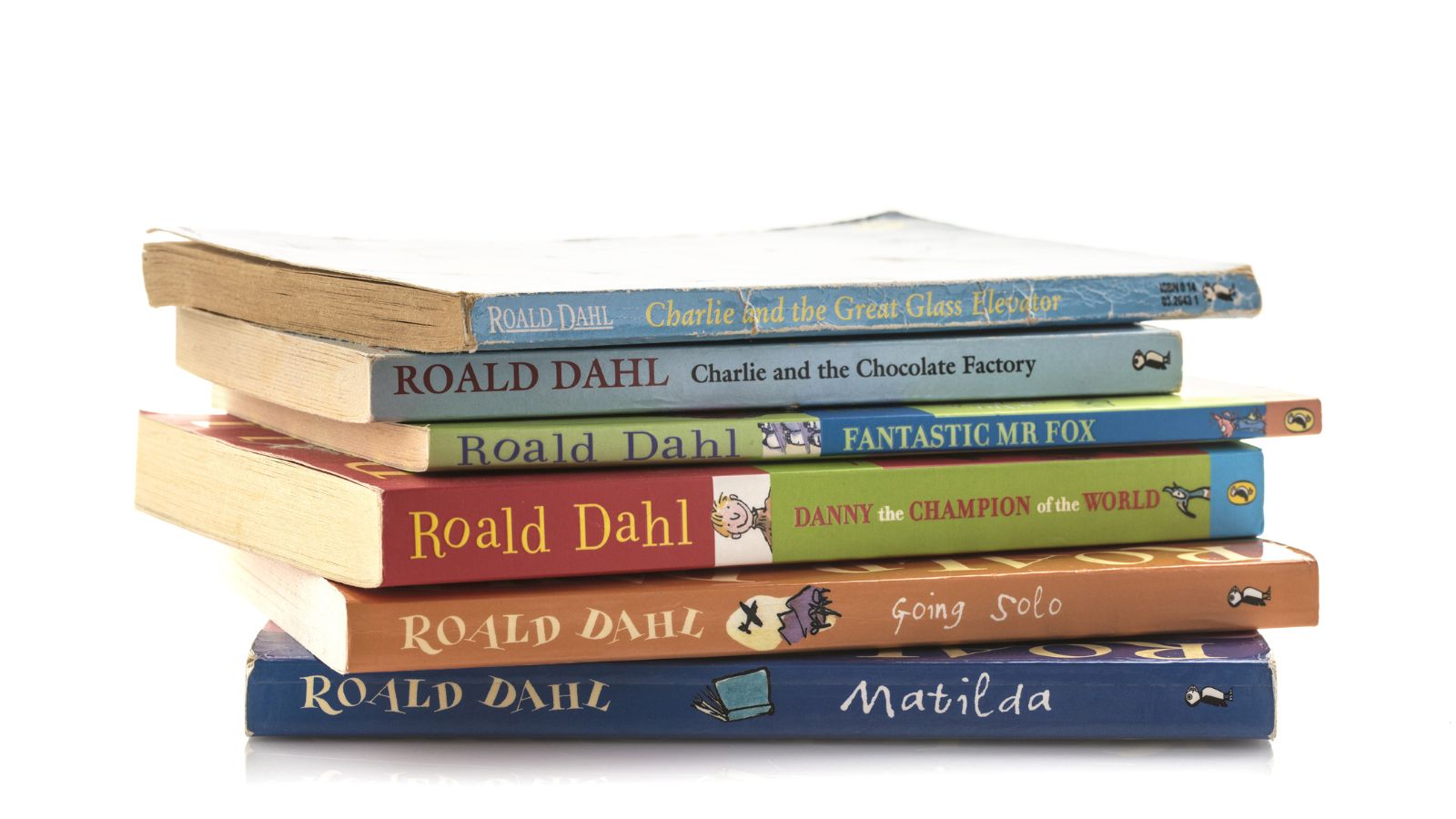
Playwright and novelist Djanet Sears has been a pioneer of African-Canadian literature for decades. Her work often fuses oral tradition, myth, and history to explore Black identity and diasporic experiences. With plays like Harlem Duet and novels like The Adventures of a Black Girl in Search of God, Sears has pushed boundaries and built space for others to follow.
Kai Cheng Thom
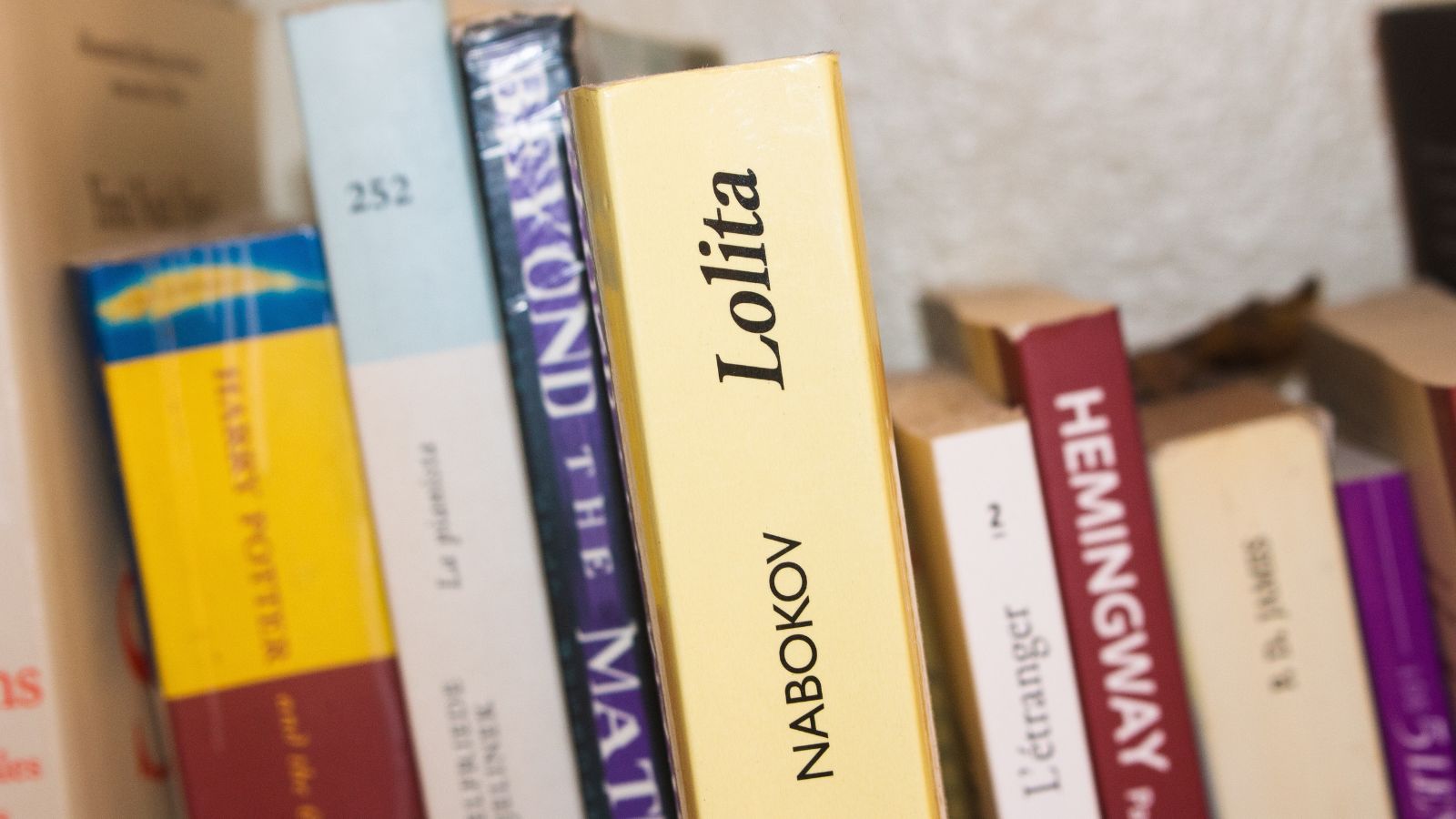
Poet, activist, and performer Kai Cheng Thom blends healing and rebellion in her boundary-breaking work. Her books, such as Fierce Femmes and Notorious Liars and I Hope We Choose Love, combine storytelling with social critique. Thom’s writing is fierce, lyrical, and emotionally charged, addressing trauma, gender, and community with radical compassion, inviting readers into a world of magical realism where survival is an act of beauty.
Kim Fu

Kim Fu is a novelist and poet whose work spans genres and themes with elegance and depth. Her novel The Lost Girls of Camp Forevermore and short story collection Lesser Known Monsters of the 21st Century reveal an interest in the surreal, the psychological, and the emotional. Fu’s writing is intelligent and probing, often exploring the boundaries between reality and imagination, bringing a quiet power to contemporary Canadian fiction.
Jordan Tannahill
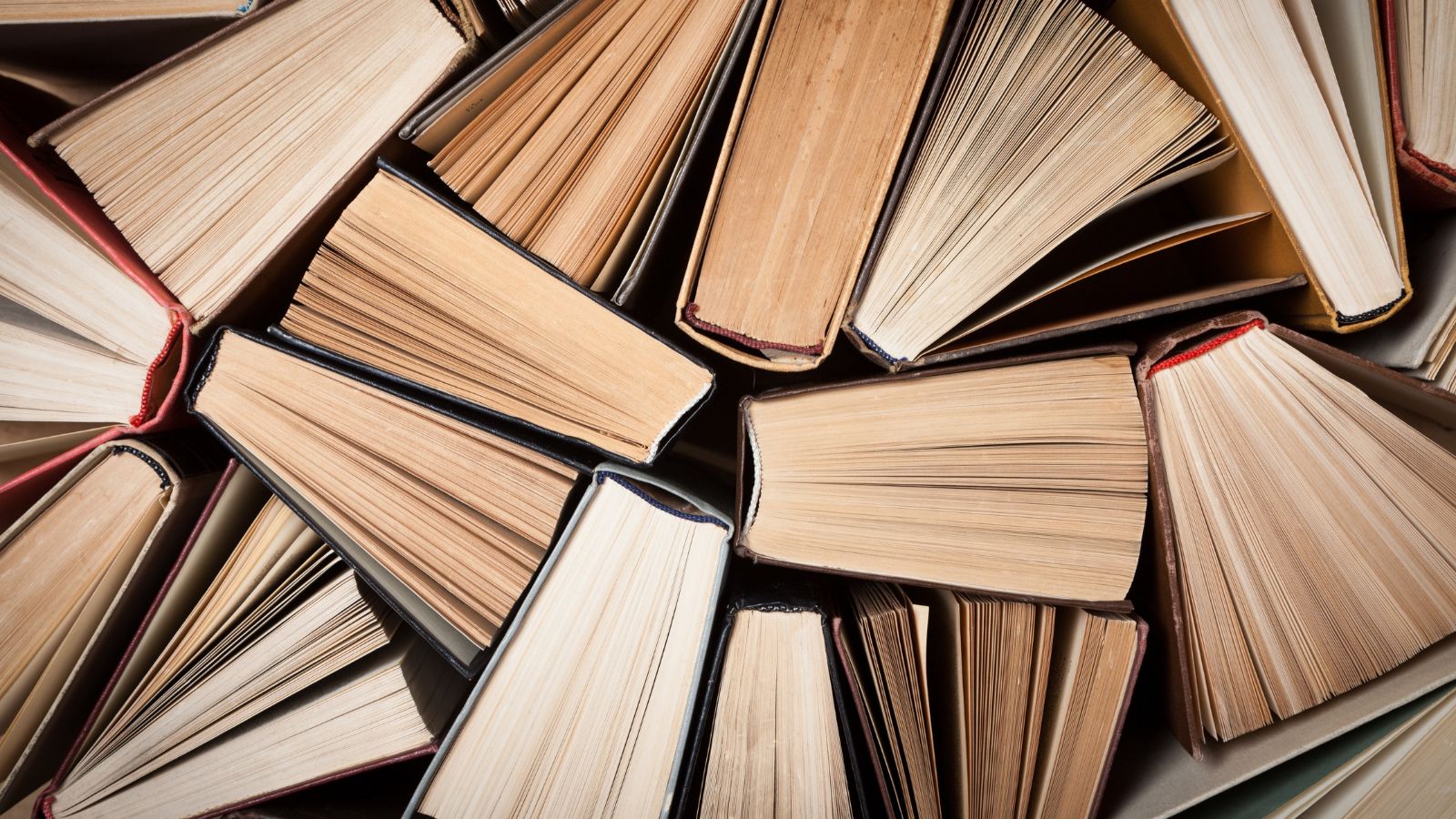
Jordan Tannahill, an award-winning playwright and novelist, challenges both literary and theatrical conventions. His autofictional novel Liminal explores consciousness, time, and grief in a deeply introspective, innovative format. Tannahill’s work frequently delves into philosophical territory while remaining emotionally resonant. As both artist and intellectual, he’s rethinking what storytelling can achieve in the 21st century.
21 Products Canadians Should Stockpile Before Tariffs Hit

If trade tensions escalate between Canada and the U.S., everyday essentials can suddenly disappear or skyrocket in price. Products like pantry basics and tech must-haves that depend on are deeply tied to cross-border supply chains and are likely to face various kinds of disruptions
21 Products Canadians Should Stockpile Before Tariffs Hit

